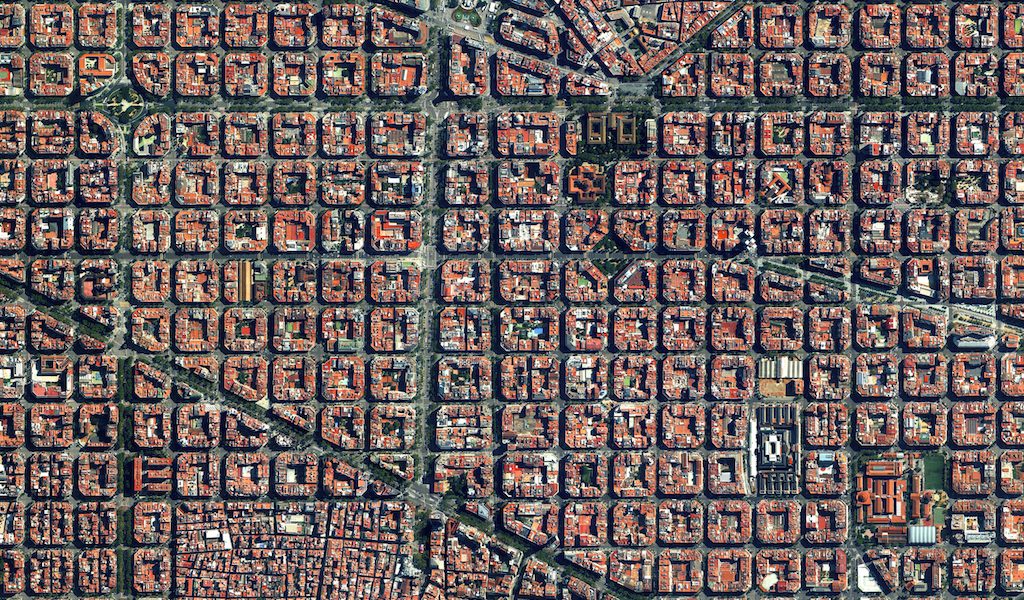Hanafin: 5 Common Criticisms of Investment Migration, Dissected
Residence and citizenship programs have been the target of a great deal of – often undeservedly – bad publicity over the past few years. The criticism chiefly centers on the following issues:
- That it is immoral to ‘sell passports’;
- That there is the danger of criminals not being filtered out;
- That the granting of citizenship must be made after the applicant forms a ‘genuine link’ with the hosting country;
- That the granting of residency/citizenship to rich people is discriminatory against poor people;
- That, in the case of the EU, other member states must be consulted as EU citizenship holders can move about freely
in within the Union.
Let’d dissect these apprehensions one at a time.
#1 – “Selling passports” is immoral
This notion is based on the premise that one should not exchange economic benefit with residency/citizenship. Examining this matter from a historical perspective, however, we discover that the practice of awarding residency and/or citizenship in exchange for economic benefit has been a well-entrenched practice since the times of the Roman Empire.
This form of exchange exploded into the drawing-in of millions of people from all over the world to the West after the second world war. This is how millions of Indians, Turks, Algerians, Pakistanis, and others found their way into the UK, Germany, the Netherlands, France, and other EU countries.
The basis of exchange was clear; give us your
#2 – Security
Security issues are a big concern and justifiably so. There have been a handful of cases where people of at least questionable background managed to slip in. But should this mean that these programmes must be abolished? Would that not be like saying that people from Syria, Yemen, Afghanistan and so on could be terrorists and that, therefore, we should ban them from entering? The solution is that we must ensure that diligent screening takes place before residency/citizenship is granted. As a rule, it does.
#3 – “Genuine Links”
This concept is an EU invention. It argues that citizenship should only be granted to people who have formed a ‘genuine link’ with the hosting country. In the cases of Malta and Cyprus, this was translated into requiring a residency period prior to granting citizenship. The ‘genuine link’ is a psychological bond. One wonders whether the length of stay in a country is sufficient for establishing it. How does one explain that people born and bred in the West become terrorists blowing up their compatriots? Clearly, something else is at play here.
It is our experience that investors under such programmes do not just want to acquire a convenient travel document; they could get that through a Caribbean passport at a much lower cost. What they are craving is to become citizens of a respected community of nations, the values, beliefs, and governance of which they admire and cherish.
For them, EU citizenship is a massive generational shift and the bond already in place is deep and solid.
#4 – “Discrimination” in
The argument about ‘discrimination’ in
#5 – The obligation for consultation with other EU countries
This is the final criticism leveled against these programmes. The argument goes further to state that applicants can move around EU member states freely and, therefore, these countries should have a say on who gets in.
But the EU does not have in place any such system of consultation. It could perhaps devise a system like the one used for the granting of Schengen visas whereby visas are granted after a Schengen wide check.
For the moment, the 2,500,000 residency permits granted each year are issued without EU-wide consultation. It would be hypocritical and discriminatory to request that there must be a different set of rules for the residency and citizenship-by-investment applicants who number a few thousand at best.
7 billion clients, 200 competitors
The granting of residency and citizenship in exchange for economic benefit has been going on for centuries. The West has been hosting millions of immigrants because of its aim to attract human capital after the losses in lives of WWII. The aim of residency and citizenship-by-investment programmes is to attract investment capital. The basis of the exchange is one and the same.
We live in an interconnected world and, now more than ever, people are empowered through technology and relationships to go beyond borders. People are becoming increasingly mobile and invisible boundaries set by citizenships are being challenged.
People can now choose where they want to live, work, invest and countries are competing to attract these people. Think of it as an “industry” with 7 billion clients (people) and 200 competitors (countries).
By John Hanafin, Founder & CEO of Huriya Private
Christian Henrik Nesheim is the founder and editor of Investment Migration Insider, the #1 magazine – online or offline – for residency and citizenship by investment. He is an internationally recognized expert, speaker, documentary producer, and writer on the subject of investment migration, whose work is cited in the Economist, Bloomberg, Fortune, Forbes, Newsweek, and Business Insider. Norwegian by birth, Christian has spent the last 16 years in the United States, China, Spain, and Portugal.



